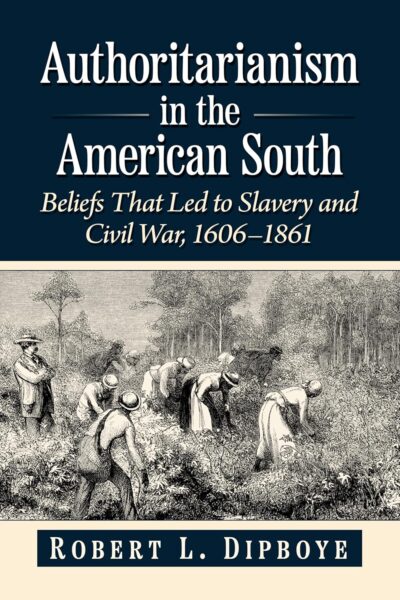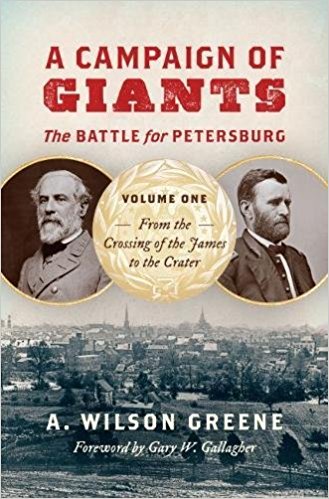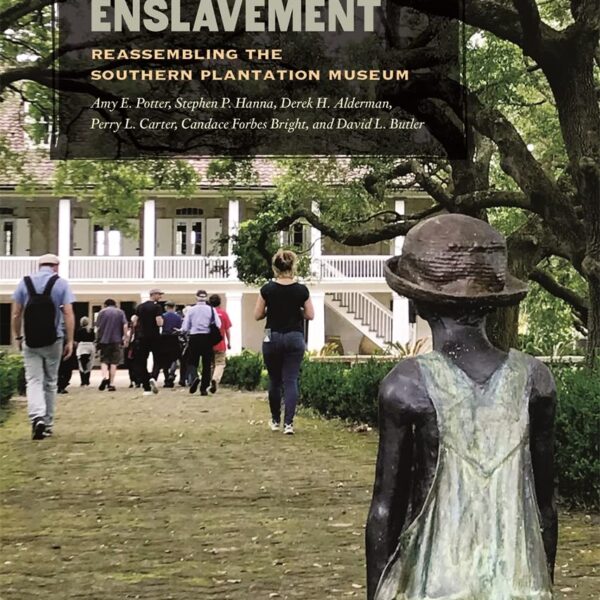Cecilia Lawton, the daughter of a wealthy Georgia plantation owner and enslaver, was just fourteen years old when the Civil War began, but the exigencies of war forced her to grow up quickly. Her wartime experiences included the death of her mother, her marriage at the age of sixteen to a man eleven-years her senior, and the destruction of her South Carolina home by General William T. Sherman’s men. In the late 1870s, or perhaps a bit later, Lawton recorded her reminiscences of the Civil War era. Incidents in the Life of Cecilia Lawton, edited by Karen Stokes, presents Lawton’s memoir in full for the first time. The memoir offers an engaging portrayal of the suffering and loss that white Southerners endured and how Lawton remembered and came to terms with this tumultuous era.
Lawton provides valuable insights into the worldview of enslavers before and after emancipation. The memoir begins with Lawton discussing her earliest childhood memories, which included her “delight” in being given an enslaved girl named Eleanor. She describes a paternalistic deathbed scene in which enslaved people sobbed as they “bemoaned” the death of Lawton’s mother (37). These idyllic scenes are contrasted with a “lawless” post-emancipation South (63). She indignantly recounts how the freedpeople laboring on her family’s plantation left with a company of United States Colored Troops after her husband, Wallace Lawton, beat one of the black men working on his farm for “impertinence.” She fretted that this man “could return with others who had real or imaginary wrongs to resent, and murder Wallace and me” (69). Lawton’s recollections reveal the bitterness and apprehension she felt about the demise of slavery and the loss of the Confederacy.
One of the most powerful parts of Lawton’s memoir details her journey to Savannah in the wake of Sherman’s March. Her observations of the horrors she witnessed on the road are haunting and reveal the mortal costs of the war. She recalls seeing the “dead and putrefying bodies of men near the road. Most of them were negroes, camp followers, who had perished from smallpox or other disease, even after gaining their newfound freedom” (58). The memoir also captures the rage that white Southerners harbored towards Sherman. Describing the destruction of her own home, she noted “let none save those who have suffered likewise presume to judge of the grief and just indignation which swelled my heart about to bursting as I gazed at the ashes of our house, so wantonly destroyed by a vindictive foe” (59).
While editor Karen Stokes provides helpful annotations throughout the memoir, readers will have to do most of the work of contextualizing the era in which Lawton lived for themselves. The introduction and epilogue are riddled with eyebrow raising sentences that seem to be ripped from the pages of a book written in the 1890s, rather than 2021. For example, in discussing Reconstruction in South Carolina, Stokes writes, “life was still difficult and dangerous for all South Carolinians during Reconstruction, during much of which the people of the former Confederate States were at the mercy of their bitter enemies in Washington, the Radical Republicans” (115). Stokes invokes outdated and debunked tropes of corrupt “carpetbaggers” in cahoots with African-American Republicans who wielded power over helpless, disenfranchised former Confederates. She excuses the violent overthrow of the Republican state government by white supremacists by noting “there were incidents of intimidation and violence on both sides (including the intimidation of black Democrats by black Republicans) as well as voting fraud” (117). Providing a more comprehensive and factual account of Reconstruction in South Carolina that takes into account the tremendous strides that were made as a result of emancipation and extending the franchise to African American men is imperative to gaining a clearer understanding of the era.
Cecilia Lawton’s memoir offers an insightful look at the mindset of white Southerners as they attempted to make sense of the radical changes wrought by the Civil War. The memoir is a prime example of Lost Cause literature; it brims with nostalgia for the antebellum South, teems with malice for Sherman, and articulates the fear and loathing white Southerners harbored for freedpeople who asserted their freedom. Lawton’s wartime experiences and the losses she endured provide context for her espousal of these Lost Cause sentiments. Readers seeking a compelling memoir of the Civil War era will find much of interest in Incidents in the Life of Cecilia Lawton, but they should not rely on the inaccurate introduction and epilogue of this book to understand the complexities of this era.
Dr. Ashley Towle is a lecturer of history at the University of Southern Maine.





